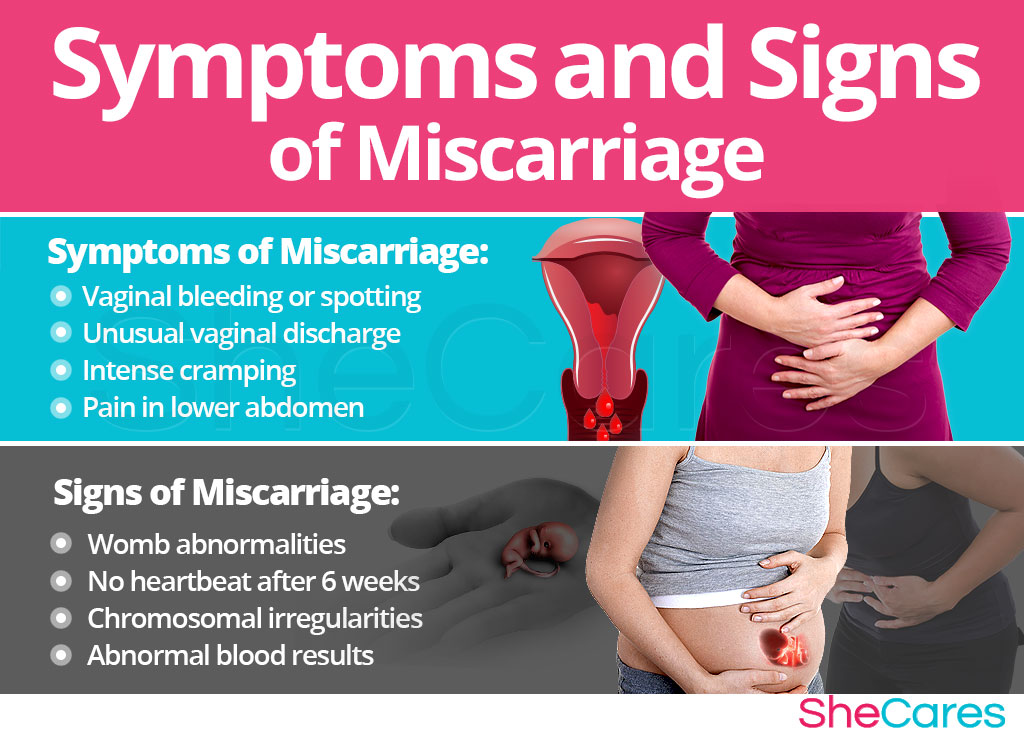There are side effects that can occur with the medication, such as nausea and vomiting, chills, fever and diarrhea. Causes of a late miscarriage there are a number of factors that can cause a late A doctor talks us through some of the miscarriage symptoms and signs to look out for.
10 Subtle And Early Warning Signs Of Miscarriage Thriving Mum
Miscarriage is the sudden loss of a pregnancy before the 20th week. A late miscarriage is when you lose a baby after week 13, but before week 20, or during the second trimester. About 10% to 20% of known pregnancies end in miscarriage.
But the actual number is likely higher.
This is because many miscarriages happen early on, before people realize they're pregnant. The term miscarriage might sound as if something was amiss in the carrying of the pregnancy. Miscarriage is the sudden loss of a pregnancy before the 20th week. About 10% to 20% of known pregnancies end in miscarriage.
But the actual number is likely higher. This is because many miscarriages happen early on, before people realize they're pregnant. The term miscarriage might sound as if something was amiss in the carrying of the pregnancy. To confirm a pregnancy loss, a doctor may choose to

It will get lighter over time and will usually stop within 2 weeks.
Signs of pregnancy, such as nausea and tender breasts, usually fade in the days after the miscarriage. If you had a late miscarriage, your breasts might produce some milk. You will usually have your next period in 4 to 6 weeks. We did not find results for:
Signs of miscarriage at 6 weeks. Check spelling or type a new query. After 20 weeks, a fetus that passes away is called a fetal demise instead of a miscarriage. What are the signs of a missed miscarriage?

There are different kinds of miscarriages, including:
Also called a biochemical pregnancy, this type of miscarriage happens before 6 weeks. Miscarriage is inevitable when there is a dilation or effacement of the cervix and/or there is a rupture of the membranes. Bleeding and cramps may persist if the miscarriage is not complete. A completed miscarriage is when the embryo or products of conception have emptied out of the uterus.
A miscarriage is most likely to occur in the first 13 weeks of pregnancy. Some women may experience miscarriage before they realize they were pregnant. A miscarriage may cause bleeding, cramping, and a decrease in pregnancy symptoms. After 10 weeks, the embryo becomes a fetus and will be larger.

Or other signs of premature labor;
Keep reading to learn more about the association between loss of pregnancy symptoms and miscarriage at 7 weeks, 10 weeks, 15 weeks, and more. Signs of miscarriage should never be ignored in After a miscarriage, there may still be some abdominal discomfort and light bleeding, especially a few days or weeks after. After about 4 to 6 weeks, it is expected that the menstrual period will return.
Sometimes, growth measurements may even indicate that the fetal heartbeat stopped weeks earlier — for example, if you’re 11 weeks pregnant but the fetal age is measured as 7 weeks. If you've had 3 or more miscarriages in a row (recurrent miscarriage) and are worried about your current pregnancy, you can go straight to an early pregnancy unit for an assessment. Find an early pregnancy unit near you on the association of early pregnancy units directory. Other symptoms of a miscarriage include:
/+Miscarriage.jpg)
Cramping and pain in your
For example, a fetus at 14 weeks will be much larger than a fetus at 5 weeks of gestation, so there may be more bleeding and tissue loss with a later miscarriage.